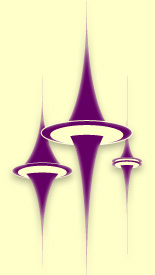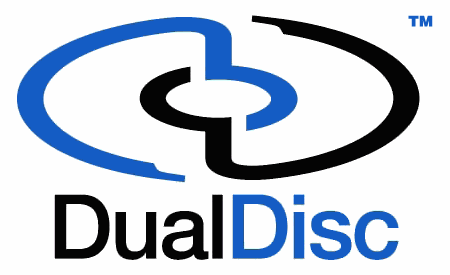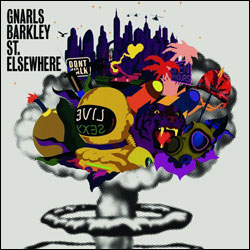|
|
|
|
|
|
|
|
|
|
|
|
|
||||||||||||||||||
|
|
|||||||||||||||||||
|
|
|
|
|
August 10, 2006 ../ Music Trends: The DVD-Album Concept - Another MisfireWarner Music recently announced plans to develop and distribute a new music format dubbed the "DVD Album." The new format will incorporate CD quality songs, "pre-ripped" digital tracks, videos, album art and other extras. Warner hopes that this new format will spark retail sales at a higher price point. We think not.The first thing that the major labels just don't get is that consumers don't want to pay more for music, they want to play less. The addition of album art and videos, something that can easily be obtained online, will not have the kids lining up in droves at their favorite retail outlet. And pre-ripped digital tracks, weighed down with some cumbersome DRM scheme, is certainly no selling point either. Whoever came up with this idiotic idea has absolutely no read on the market. Want to spur sales? Lower the price for a new CD from $19 to $10 bucks with all the additional album art, videos, etc. as an Enhanced CD. The DVD-album is another dud in a long procession of lackluster new formats introduced in the last few years. Super Audio CD - only for true audiophiles with $10,000 stereo systems. The DVD-Audio CD - only for consumers who actually have the time and patience to sit in front of their home theatre system, or who have sophisticated car audio systems that can support surround sound. DualDisc - the most intelligent idea to date, but hampered by limited storage capacity of the CD and DVD sides as compared to normal CDs and DVDs.
To save money, the labels decided to simply glue the CD side to the DVD side, instead of utilizing a new polymer like Zeonor which would have resulted in the DualDisc being the same thickness as a normal CD. Because of this poor implementation, the DualDisc had to compensate for spherical aberration by making the pits in the CD layer larger than on a conventional CD so that the laser could focus on the CD layer which was closer to the lens. The downside? Larger pits translate into decreased playing time for the CD layer of DualDiscs, from the standard 74 minutes of a conventional CD, to around 60 minutes. Not good. The record companies then decided to charge a premium, about $2.50 and higher, for the new format compared to CDs. Well if the labels were going to charge more for the format that they hoped would replace the CD, wouldn't it make sense to spend the couple of extra pennies to utilize Zeonor so the DualDisc wouldn't have a handicap? In fact, if the DualDisc was developed to Red Book standards, then there wouldn't have been any issues in the disc playing in all players and they wouldn't have had to label each release with the dreaded disclaimers: "This disc is intended to play on standard DVD and CD players" or "May not play on certain car, slot load players and mega-disc changers" or "The audio side of this disc does not conform to CD specifications and therefore not all DVD and CD players will play the audio side of this disc." To the savvy consumer, who is the DualDisc's initial target market, this just screams "Don't buy me!" So what's next? The DVD Album will fall flat on its ass. Warner will throw a trantrum, pound the ground, and wail: "Why aren't consumers buying our even more expensive DVD Album format that won't play in CD players?" Because consumers aren't stupid. If it looks like crap, smells like crap, and tastes like crap, then it's crap. Consumers will ultimately vote with their dollars, and that vote will be no. The Future: Developing a new music format is a great idea. But don't deliver a new disc format that's not backwards compatible, storage challenged, and more expensive. In today's digital world, a consumer wants more music for less money, not the other way around.
Copyright © 2006 Futuremusic® All Rights Reserved. |
|
|
TestDrive will feature the lab results of our Audio Experiments so that everyone can get in on the action. Take the latest electronic music releases, mix vigorously
with bleeding-edge music production technology in a large beeker, and then cook the hell out of it!
News Archives
|
|
|
|
|
|
|
|
|
|
|
|
|











